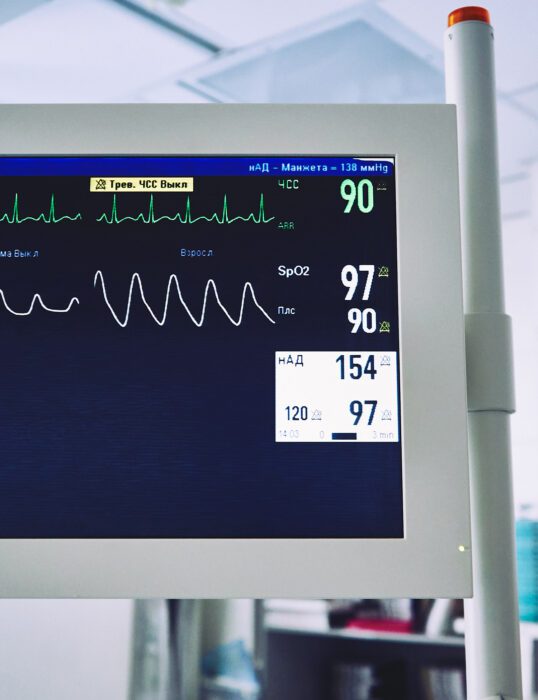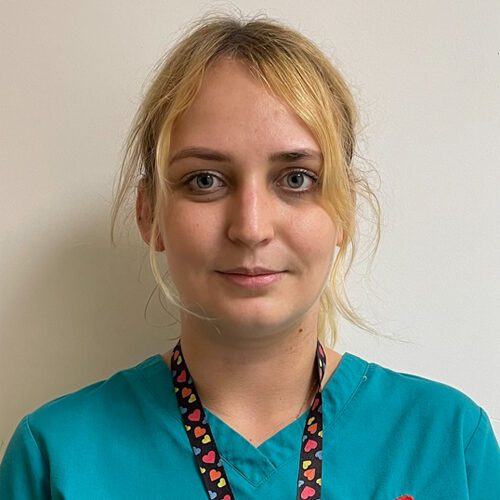You will work with a team of cardiologists and other healthcare professionals in a hospital’s cardiac department, and use specialist equipment to monitor patients’ heart and blood vessels. The main heart monitoring machine is called an electrocardiograph (ECG), but there are several others you could also be involved with to help monitor patients as they exercise, to create images of people’s hearts, and to monitor patients remotely as they go about their normal lives.
Your heart is the muscle at the centre of your circulation system. It plays a vital role in your health and fitness, pumping blood around your body to distribute oxygen and nutrients, and carrying away carbon dioxide and waste products.



